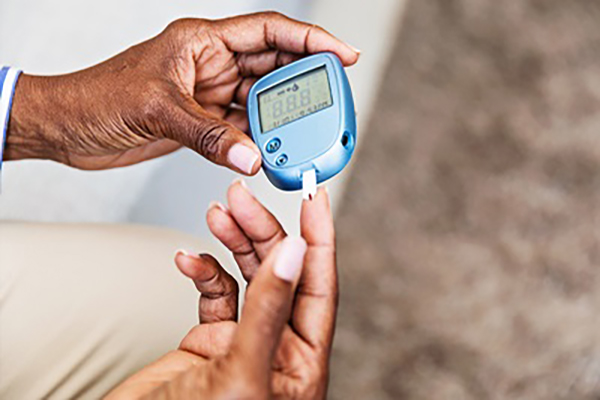After examining the genes of more than 200,000 people all over the world who have Type 2 diabetes, researchers from the Perelman School of Medicine and the Veterans Health Administration’s (VHA) Corporal Michael J. Crescenz Veterans Affairs Medical Center found hundreds of genetic variants never before linked to the disease. The study also identified gene variants that vary by ethnicity, as well as variants tied to conditions related to Type 2 diabetes like coronary heart disease and chronic kidney disease. This expansive genetic investigation, the largest of its kind, has the potential to dramatically impact care for millions of people worldwide who suffer from this disease. The study is published in Nature Genetics.
Using data from the world’s biggest biobank—the Million Veteran Program (MVP) in the VHA—plus the DIAGRAM Consortium, the UK Biobank, the Penn Medicine Biobank, and Biobank Japan, the researchers analyzed a study population of 1.4 million people around the world, of which almost 230,000 people had Type 2 diabetes. From there, they broke down the genetic makeup of those hundreds of thousands of people and found 558 independent genetic variants that are differentially distributed between people with and without Type 2 diabetes, 21 being European-ancestry-specific and seven African American-ancestry specific. Of the 588 variants found, 286 had never before been discovered.
Researchers then set out to see if certain genetic variants among this group of people could be tied to specific Type 2 diabetes-related diseases.
“Ultimately, three were linked to coronary heart disease, two to acute ischemic stroke, four to retinopathy, two to chronic kidney disease, and one to neuropathy,” says Marijana Vujkovic, a biostatistician at both the Perelman School of Medicine, VHA’s CMCVAMC and a co-leader for the VHA’s national MVP Cardiometabolic Working Group. “Building on this research, the scientific community can assess which of the surrounding genes nearby the identified genetic variants is likely to be the causal gene that alters the risk of Type 2 diabetes, and that could lead to early interventions to limit controllable risks of developing the condition.”
Read more at Penn Medicine News.








